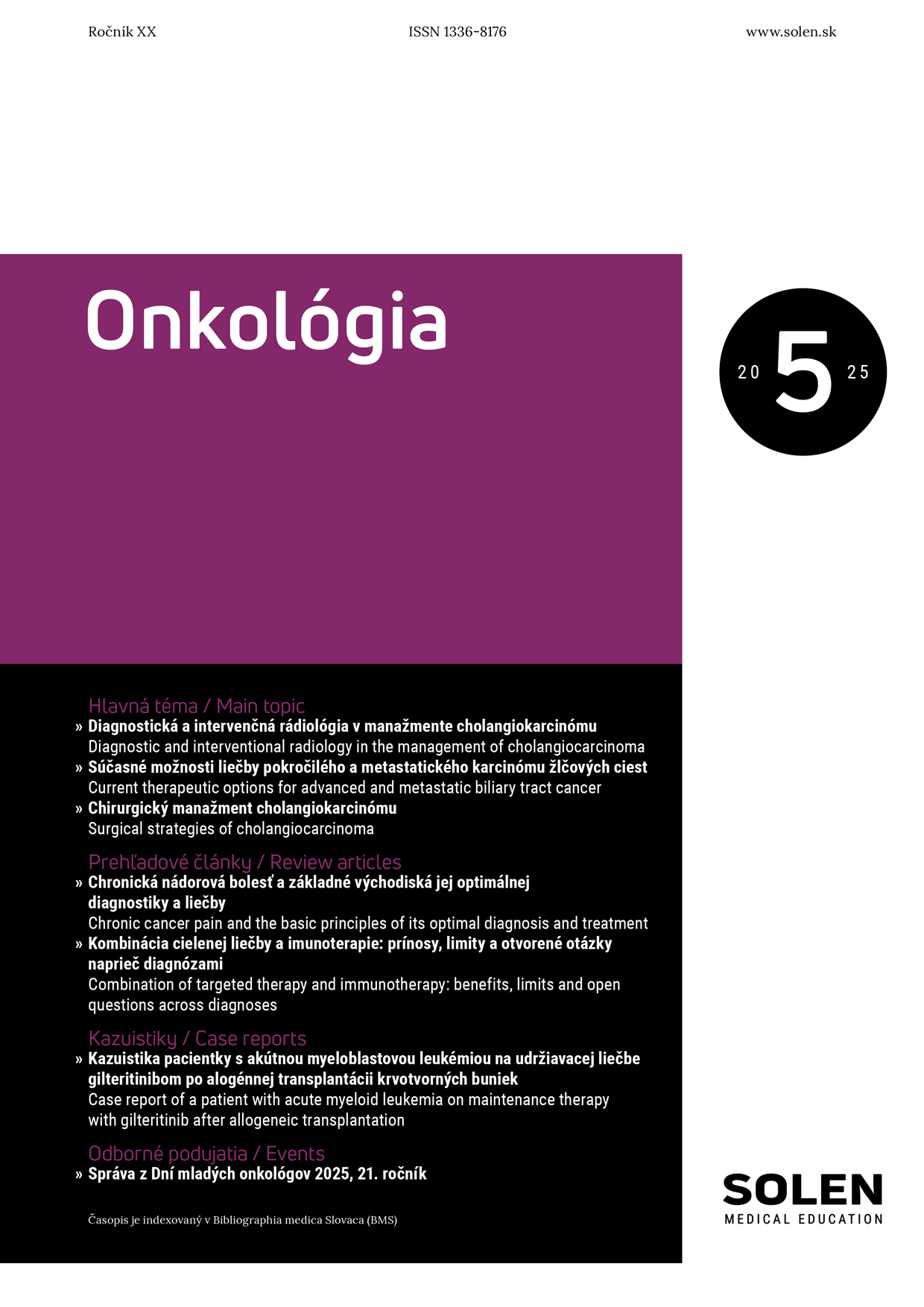Urologie pro praxi 1/2022
Dysfunkce dolních cest močových u diabetického pacienta
Nervová a neuromuskulární onemocnění ovlivňují správnou funkci dolních močových cest. Diabetes mellitus je jednou z nemocí, která se výrazným vlivem podílí na poruše této funkce, a to zejména rozvojem periferní neuropatie. V první fázi vede k rozvoji syndromu hyperaktivního močového měchýře, při neléčení dochází ke ztrátě senzitivity a zvyšování rezidua moče až k močové retenci. Hovoříme o diabetické cystopatii. Odhalení fáze postižení močových cest předchází důkladné vyšetření pacienta. Následná léčba bývá zdlouhavá. Pacienty s touto diagnózou je vždy potřeba sledovat, a to i s ohledem na nevyzpytatelnost primární nemoci a tendenci ke změně symptomů v čase.
Kľúčové slová: diabetes mellitus, neurogenní močový měchýř, dysfunkce močových cest.
Lower urinary tract dysfunction in a diabetic patient
Nervous and neuromuscular diseases affect the proper function of the lower urinary tract. Diabetes mellitus is one of the diseases that has a significant effect on the dysfunction of this function, especially the development of peripheral neuropathy. In the first phase, it leads to the development of overactive bladder syndrome, when left untreated, there is a loss of sensitivity and an increase in urine residue, up to urinary retention. We are talking about diabetic cystopathy. The detection of the stage of urinary tract involvement is preceded by a thorough examination of the patient. Follow-up treatment is usually lengthy. Patients with this diagnosis should always be monitored, even with regard to the unpredictability of the primary disease and the tendency for symptoms to change over time.
Keywords: diabetes mellitus, neurogenic bladder, urinary tract dysfunction.

















